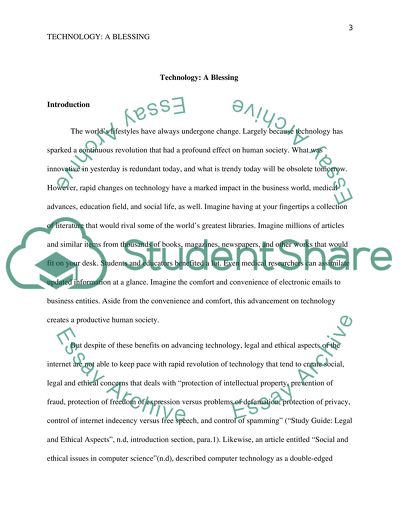Cite this document
(“Pros of technology in society Term Paper Example | Topics and Well Written Essays - 2250 words”, n.d.)
Retrieved from https://studentshare.org/information-technology/1435367-pros-of-technology-on-society
Retrieved from https://studentshare.org/information-technology/1435367-pros-of-technology-on-society
(Pros of Technology in Society Term Paper Example | Topics and Well Written Essays - 2250 Words)
https://studentshare.org/information-technology/1435367-pros-of-technology-on-society.
https://studentshare.org/information-technology/1435367-pros-of-technology-on-society.
“Pros of Technology in Society Term Paper Example | Topics and Well Written Essays - 2250 Words”, n.d. https://studentshare.org/information-technology/1435367-pros-of-technology-on-society.


